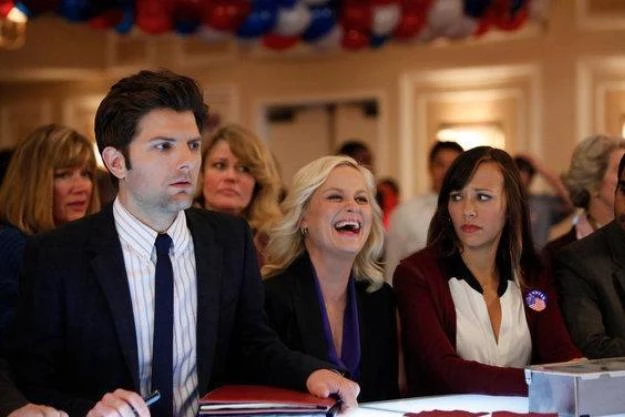I'm
beginning to worry that I'm nothing more than a ferocious,
obstreperous, intractable contrarian; that all of my philosophy,
theology, and metaphysics are based on nothing more than denial and
negativity; that I have an uncontrollable urge to qualify, mitigate,
and negate any statement I see, simply because it is a positive or
categorical statement.
Maybe
I'm being a good deconstructionist, drawing attention to Derrida's
insistence that every word or statement contains a trace of its
negation, or maybe I'm just a buzz-killing, problematizing Negative
Nigel (not that the two are mutually exclusive). What's clear is that
I am intensely suspicious of any position, idea, belief, or argument,
and I will find ways to criticize even the ones I agree with.
Of
course, this makes it rather difficult to establish which ones I do
agree with, because literally everything in the world seems fatally
flawed to me. One area where I have absolutely no idea what I think
or believe is to do with embodiment.
Queer theologians LOVE embodiment. In an understandable reaction to
the sex-negativity of the matter-denigrating dualism that still
pervades our culture (the religious form descending through Christian
thinkers heavily influenced by popular Greco-Roman philosophy; the
secular flavor popularized by Descartes), queer theologians take
Merleau-Ponty's observation that the body is inseparable from the
self and use that to unproblematically celebrate embodiment as an
innate good. Susannah Cornwall writes that she's never met a queer theologian
who didn't agree with the statement that embodiment is good (yes you
have, Susannah, I just didn't mention it).
Well, if it's a consensus view in my field, I'm going to have to
problematize it. I'm a contrarian like that.
Truth be told, though, my need to problematize the simplistic
“embodiment = good” equation stems ultimately not from theory but
from my personal, very complex and conflicted, relationship with
being embodied.
Early childhood was probably the time I was most comfortable in my
skin. I played sports, took my shirt off when I felt like it, got
rough-and-tumble sometimes and curled up quietly with a book at other
times. I've never been coordinated or graceful (ask my mother about
my disastrous semester of ballet lessons), but I haven't always been
as uncomfortable and awkward as I am today. Sadly, I hit every single
branch on my way down the puberty tree, from bad posture to bad skin
to a severe case of the Bella
Swan lolclumsies, all of which still afflict me today (to the
point where there is an evil plot on the part of my more
Schadenfreude-prone friends to kidnap me and take me ice-skating,
just for the lulz).
It's not that I hate my body precisely. I hate some
of the things that it does (every month: this time it's
not going to happen, this time I have willed it out of existence with
the sheer force of my hatred for it), I hate its limitations
(third arm and stalk eyes now, pls – or at the very least a sense
of spatial awareness and a cure for motion sickness), and I hate most
of all the meanings other people read onto it. Sometimes I think that
all this fumbling toward a trans* identity is simply an attempt to
wrest a modicum of control over how others read my body.
Like, I often think that I would like T and top surgery, but is that
because I want those things themselves or because I want the meaning
they would cause others to read onto my body? And it's not as
though you can separate those things. (One reason why the “man
trapped in a woman's body” narrative is unhelpful for me:
completely detached from the body, what possible meaning can “man”
or “woman” have? I've been trying to answer that question my
entire life.)
And I know that T and top surgery wouldn't magically make me enjoy
being embodied. This isn't a straightforward case of “here are the
things wrong with my body, let's fix them.” It's more a case of
ontological dissatisfaction with the very fact of my having a body at
all. T and top surgery might alleviate the symptoms, but there's no
cure.
The problem with YAY EMBODIMENT is that I don't feel that way
about embodiment. If embodiment is a good thing and I should love my
body, then my dysphoria and general antipathy toward physical reality
have to be pathologized. And that puts me in the weird position of
wanting to defend my dysphoria. Like, don't tell me how to feel about
my own body! I can hate it if I want to!
Shit's complicated, yo. And, as abstract as it sounds to debate embodiment and the nature of the relationship between mind/soul/self and body/matter/physicality, it's not mere ivory-tower pontification. It's really important for how I live out the rest of my life.
Shit's complicated, yo. And, as abstract as it sounds to debate embodiment and the nature of the relationship between mind/soul/self and body/matter/physicality, it's not mere ivory-tower pontification. It's really important for how I live out the rest of my life.
 |
| Yes, I made this. Yes, it helped me figure stuff out. |







